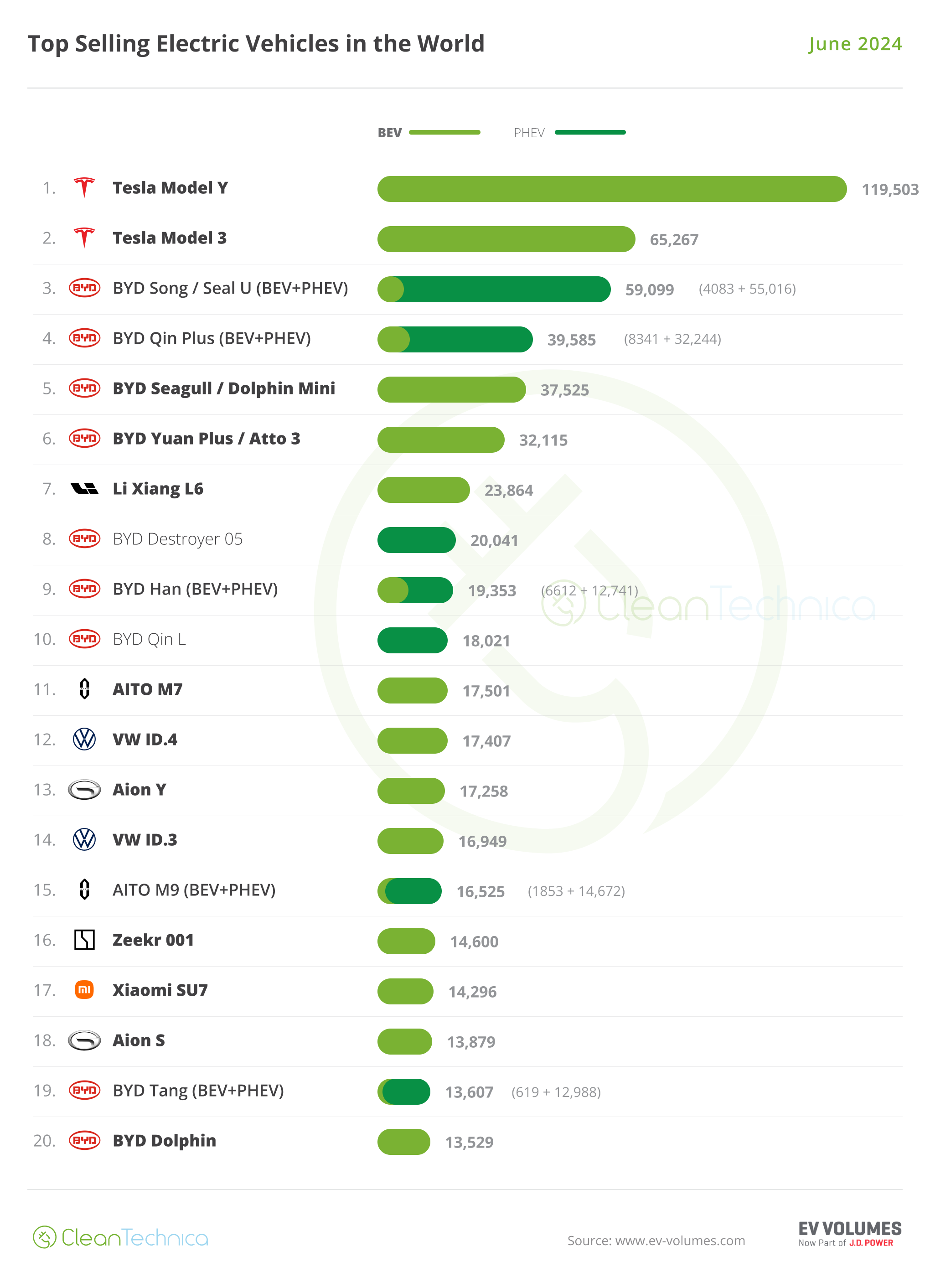In the face of resistance from provinces to its anti-fossil fuel agenda, and having endured several setbacks in the federal courts over some of its signature environmental policies, the Trudeau government has rolled out a new propaganda campaign to build greater support for its climate and energy policies.
According to the government’s new “Raising the Bar” campaign, manmade climate change has quickly evolved from a future threat to a real-time crisis where we’re experiencing more “wildfires, floods, and droughts” that affect “our economy, our infrastructure, our health, and our overall well-being.”
But is this true? Our government, which regularly claims to follow evidence-based policy, doesn’t provide much evidence to back up these claims—probably because there isn’t a lot of strong evidence that we’re seeing dramatic changes in extreme weather events.
Take wildfires, for example. In reality, wildfires in Canada have been declining in number, extent and severity over the last four decades, even as the overall climate has warmed (which it has, undeniably). More broadly, according to the United Nations Intergovernmental Panel on Climate Change (IPCC), it’s only “likely” that heavy rainfall events have increased in North America since 1950, and the IPCC only has “medium confidence” that droughts have worsened since 1950.
Nonetheless, despite a relative paucity of data indicating worsening extreme weather events in Canada, we must “Raise the Bar” and “tackle the climate crisis” by essentially doing less of just about everything Canadians want to do.
The Trudeau government’s new campaign includes a slick video showing how Canadians are “Stepping Up” to the government’s ideas of the good life. We meet Charles, who now takes the bus twice a week, and Megan, who swapped her trusty gas-powered leaf blower for an electric one. Jade and Amina have taken government subsidies to swap out their reliable gas heating system for an electric heat pump. And the Nguyen family now dries its clothes on clotheslines. Of course, the video does not reveal that some of these virtuous acts will be fairly horrible in the cold winters that grip most of the country. One wonders how many tax dollars went to fund this little paean to Canadians who follow government dictates. (Interestingly, when the government posted the video on YouTube, it disabled the comments so Canadians can’t, well, comment.)
But the propaganda doesn’t stop with gentle nudging. On the website, Canadians are told to use less energy, less water, buy less new clothing, travel less, and eat less meat while eating more plant matter (ironically, the government’s efforts to reduce nitrogen fertilizer will make plant matter more expensive and less available).
One might dismiss the latest climate propaganda campaign as just another government Public Service Announcement intended to help people live more climate-healthy and mindful lives, but that would be a mistake. Because this propaganda campaign doesn’t simply encourage people to get more exercise or eat less junk food, it seeks to create a public mindset that will convince Canadians to accept a raft of coercive regulations—such as the hard cap on greenhouse gas emissions or restrictions on fuel tankers and pipelines—which prevent the development of oil and gas resources across Western Canada and restrict the economy.
Rather than making our lives better, as the “Stepping Up” video suggests, the coercive regulatory regime that underpins these new ways of living will, in fact, leave Canadians less prosperous and force them to pay more for less of just about everything.
Author:
Senior Fellow, Fraser Institute
Share This:
Next Article




